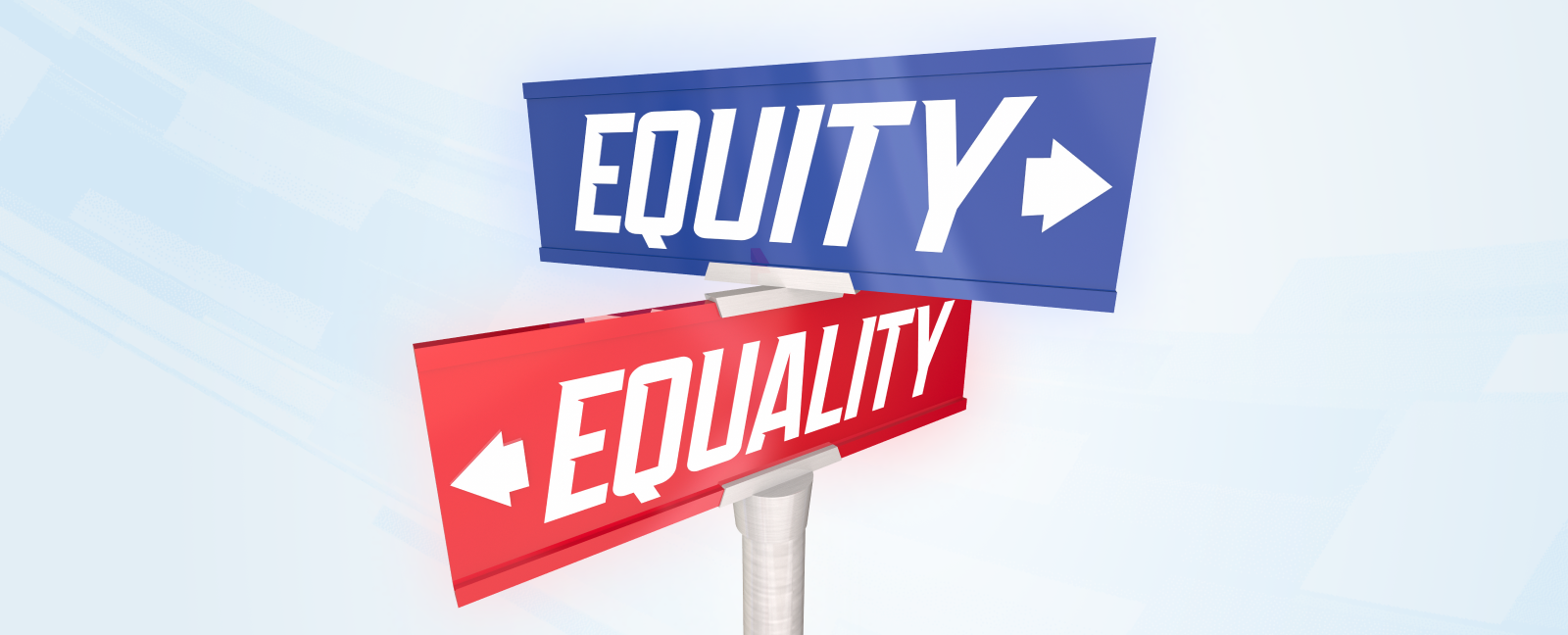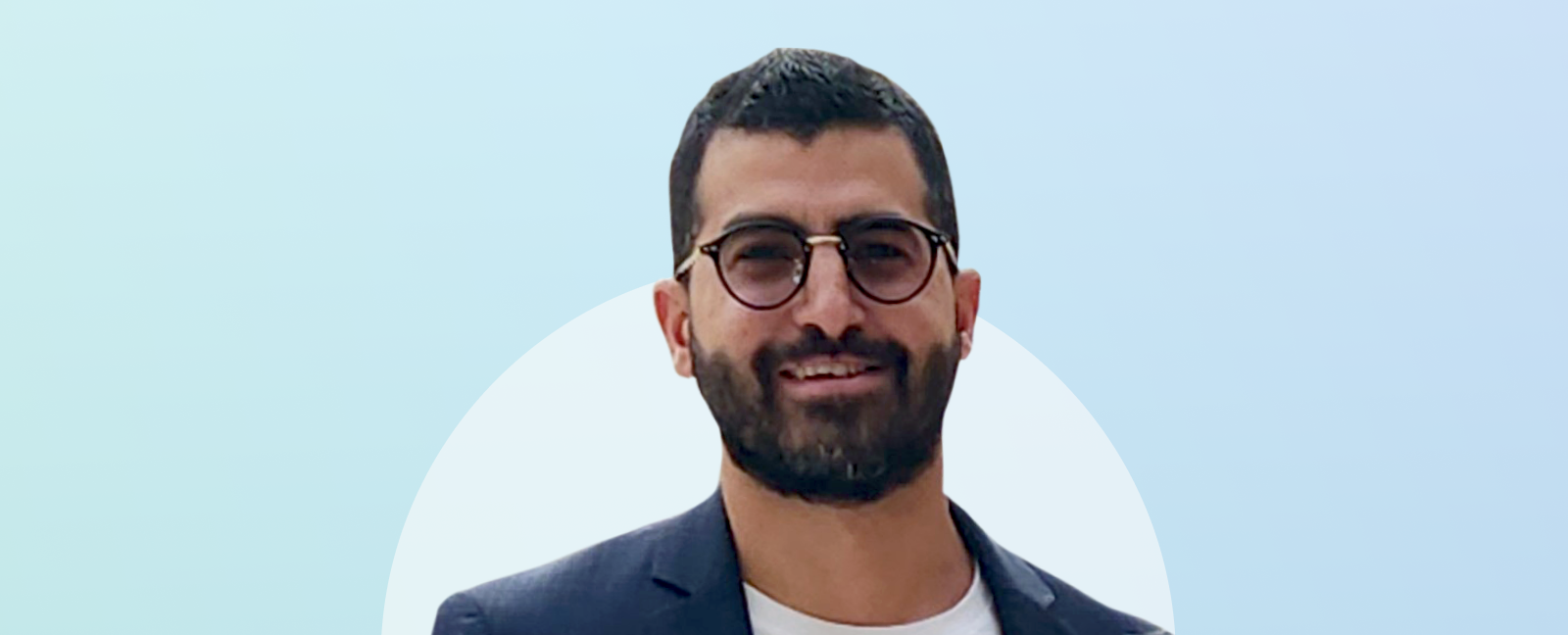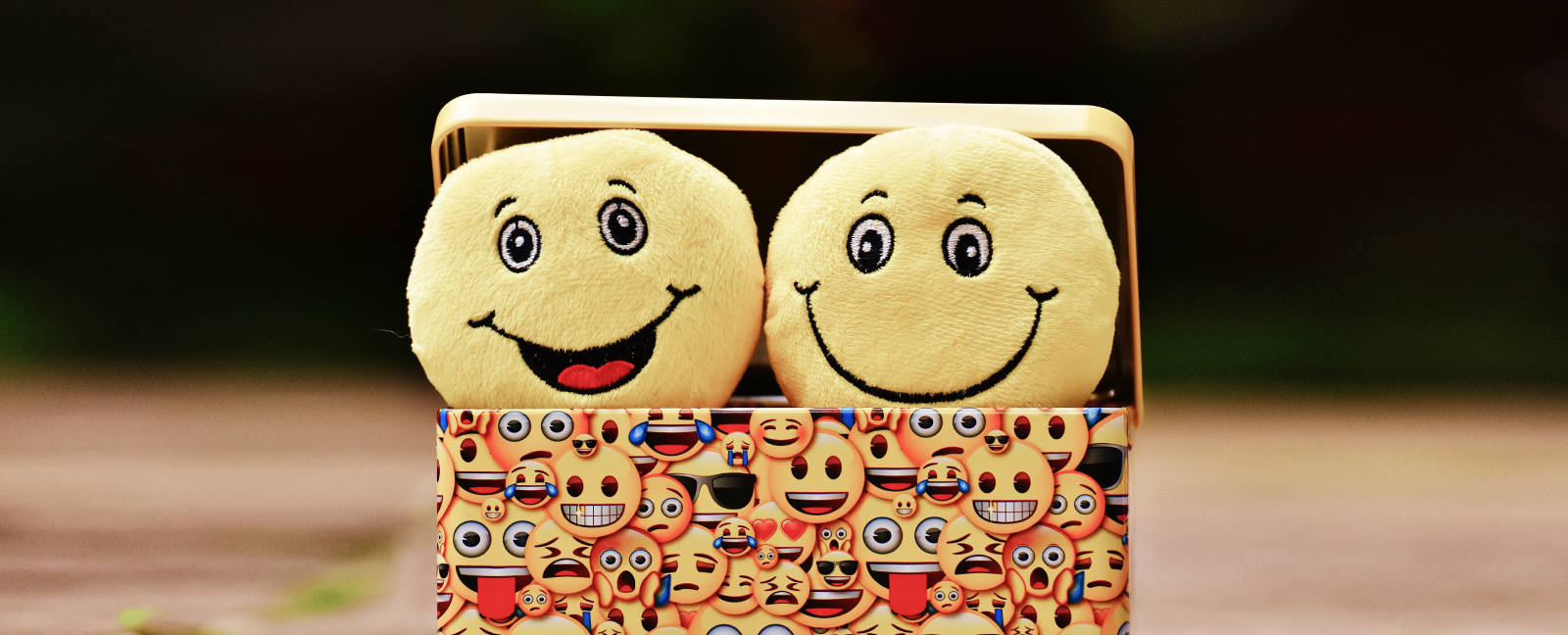
Equity Versus Equality: The Key to Creating a Just Society
In the house I grew up in, there was a neighboring family with two sons: Mac and Mo. Mac was a straight-A student who excelled in school, while Mo struggled with learning disabilities and often received poor grades. Despite their differences, their parents always treated them equally, giving them the same attention, support, and resources. As they grew older, Mac continued to succeed while Mo fell further behind. While Mo’s parents tried their best to help him, they were limited by their lack of understanding of his learning difficulties. They provided him with the same amount of study time, tutoring, and resources as Mac, but more was needed.
One day, a new teacher arrived and noticed Mo's struggles. She told the parents that Mo might have a learning disability and recommended that he receive additional support. With the help of the school's special education department, Mo was given extra time to complete tests, one-on-one tutoring, and specialized support for his learning disabilities. These resources made a massive difference for Mo, and he started progressing his studies. Although Mac was initially frustrated that Mo received special treatment, he soon understood the difference between equity and equality. He realized that treating his brother equitably meant providing him with the resources he needed to succeed rather than treating him like everyone else. Mac started to help Mo with his studies, and they became closer than ever before. Over time, Mo's grades improved, and he became more confident in his abilities. His parents were thrilled to see their son thriving, and they realized that treating their children equitably, not equally, was the key to helping them reach their full potential.
Equity and equality are often used interchangeably but have entirely different meanings. While both concepts strive for fairness, they approach it in different ways. Equality is the presumption that everyone should be treated equally, regardless of circumstances. In practice, this means that everyone receives equal opportunities and resources. Similarly, if everyone is given the same amount of money, they are treated equally. While this may seem fair, it does not consider that some people may need more support or resources than others to achieve the same outcomes. On the other hand, equity refers to the idea that everyone should be treated fairly, according to their unique circumstances. This means that people are given the resources they need to succeed rather than being treated the same as everyone else.
Mac and Mo's story highlights the importance of understanding equity and equality differences. It is not enough to treat everyone equally. Instead, we need to consider how diverse groups have been disadvantaged and work to provide them with the resources they need to succeed. This means creating policies and programs addressing the root causes of inequality and providing targeted support to those who most need it.
To create a just society, it is crucial to work toward equity, particularly in the face of systemic inequality. By recognizing the unique circumstances of different individuals and providing targeted resources to those who need them the most, we can create a more equitable and just world for all.
Related Blogs

Why So Serious? Embracing Humor in the Workplace
We've all been there—marathon project sessions that turn the office into your second home and colleagues into an oddball family you didn’t choose but somehow can’t live without. Yes, even those moments when ev...

Boost Your Life: The Power of Learning and Developing
Navigating life's challenges, it's not uncommon to feel adrift, lacking passion and focus in both our professional and personal spheres. The myriad negative influences surrounding us, or our daily stressors, c...

The Power of Emotional Intelligence
Reflect on your best moments with colleagues or friends. In those instances, it's likely that you were exhibiting a high level of Emotional Intelligence – also known as Emotional Quotient, or EQ. This essentia...

Mastering Effective Presentation Design
Speaking in public is a skill that can be worth a fortune over the course of your career: either you fumble your way through your performances and lose opportunities along the way, or you wow your decision-mak...
